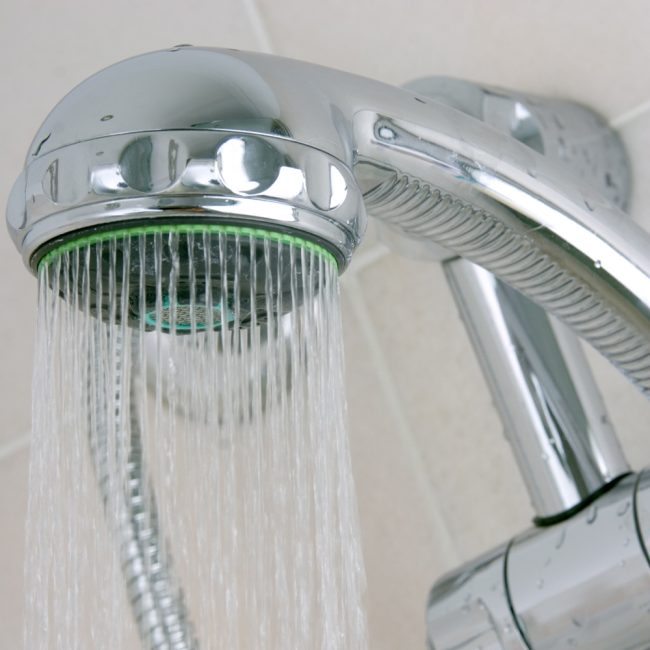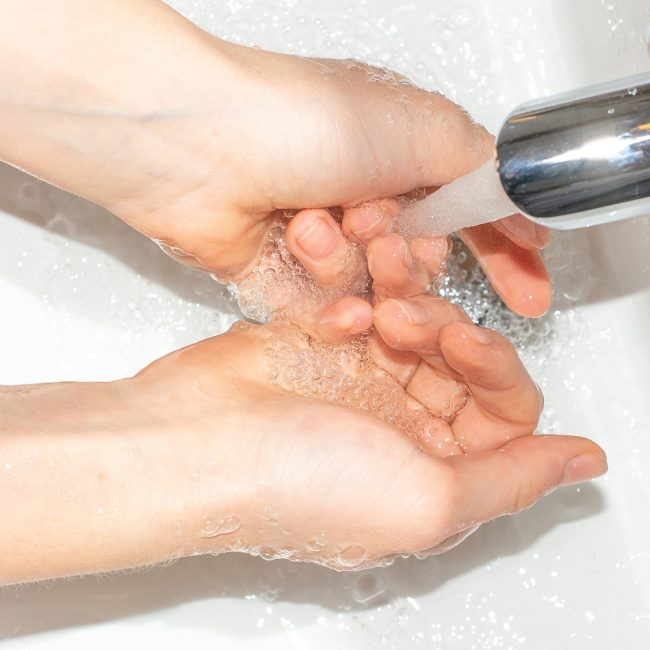
Water Heaters and Water Softeners
There would never be an argument that not having hot water for a shower is acceptable. For that matter, even washing dishes without hot water seems wrong. Other than your furnace, there may not be a more valuable piece of equipment in your home than your water heater. Having an efficient, reliable water heater is one element to a comfortable home.
Treating the water you use in your home can be a personal decision. There is little argument however that adding a water softener can have a positive impact to the life of many of the water-using appliances in your home.
Water Heaters
There are many factors that contribute to the life and efficiency of your water heater including age and usage, as well as the quality of water supplying the system. Whatever the reason, the loss of hot water in your home, or worse, a disastrous and destructive system leak, is nothing short of miserable. Whether electric, natural/propane gas or fuel oil tank heater, or exploring a tankless system that supplies continuous hot water which may be an option if feasible, when the time comes to repair or replace your water heater, we can help you make the right decision for your home.
Tradtional Tank or a Tankless System?
Most families don't worry about their water heater on a daily, or even an annual basis EXCEPT when there's no water for your daily use. When that happens, and it does quite often, we are happy to evaluate whether the system can be repaired, or a replacement/upgrade will be the most cost-effective decision.
Traditional Tank Water Heaters
The most common and widely used water heaters are the traditional tank style units. Sizes vary based on the amount of estimated hot water usage, but the operation is the same. Potable water enters the unit and is heated either using electricity, natural/propane gas, or fuel oil. However, some units feature solar or geothermal heat sources and provide higher efficiency.
Tankless Water Heaters
Tankless water heaters have been gaining in popularity throughout the United States. They produce an endless supply of hot water when installed within their GPM requirement. The downsides are often the upfront costs associated with the installation, including the increased gas supply piping, water treatment and heat exchanger maintenance/cleaning. Also, strict requirements regarding the positioning/venting of a tankless system within your home.

In-Home Water Treatment
Incorporating a water softener, while helping extend the life of a water use appliance, like your water heater, clothes washer, it also provides other personal benefits like better feeling skin, using less soap and washing detergents and removing harmful contaminants from your water.

Water Softeners
Water softeners, sometimes referred to as ion exchange units, remove calcium, magnesium, and other minerals from your homes water source before it gets distributed throughout your home. Briefly, resin beads inside the softener trap the calcium and magnesium and exchange them for sodium or potassium.
